What does self-care mean to you?
It’s such a broad term – but what is it?
Definitions in the Oxford English Dictionary include:
The practice of taking action to preserve or improve one’s own health and the practice of taking an active role in protecting one’s own well-being and happiness, in particular during periods of stress.
What is Self-Care?
Although the act of self-care may look different to everyone, essentially, it’s all the same.
Self-care is doing something that makes you feel good and energises you. It’s something you want to do, rather than something you feel like you should be doing.
Self-care is looking after yourself mentally, physically, and emotionally; it’s knowing when to slow down and when to say no. It’s about taking a step back and asking what would be the best thing for me to do right now?
Self-care is recognising the signs that you’re feeling overwhelmed and then taking steps to figure out how best to deal with it. Or better still, take preventative measures by finding ways to look after yourself, so you can reduce the chances of becoming overwhelmed in the first place.

Mental Health Awareness and Self-Care
Although we appear to have come through the other side of the pandemic, people are still feeling the after effects. Many are still isolated; some are dealing with grief and bereavement, while others are dealing with unemployment or the end of a relationship. All of these things affect our mental health, which in turn affects how we think, feel, and act.
Unfortunately, there’s still a stigma around mental health. Although people are starting to talk more openly about their problems, it’s still considered a taboo subject among many. With symptoms like anxiety, stress, and depression at an all-time high, it’s more important than ever to look after ourselves and practise self-care.
Being qualified to Level 3 in counselling skills, I’ve learned so much about mental health and how it affects us. Sometimes, self-care is simply taking time out and doing something you enjoy. Other times, it might be talking to someone, getting things off your chest, and putting a voice to whatever is worrying you. It could be a friend, family member, or even a trusted work colleague. If you’re struggling and feel like you need to speak to a counsellor, I’ve listed some websites at the bottom of the post that you might find helpful.
What Activities Contribute to Self-Care?
Self-care isn’t one size fits all, and my self-care routine will probably look different to yours. If the last few years have taught us anything, it’s how fragile our mental health can be. That’s why it’s important to find activities that nourish and nurture us.
If an activity positively contributes to your well-being and makes you happy or feel good about yourself – it’s self-care.
Examples include:
- Exercising regularly
- Reading
- Being creative: writing, drawing, making something
- Taking your dog for a walk
- Having a lie-in
- Meditating
- Binging on Netflix
- Having regular phone/video calls with family and friends
- Listening to your favourite music
- Getting enough sleep
- Eating healthily
- Taking on less
- Learning to say no
- Taking a break from social media
- Learning new skills
There is no right or wrong answer; everyone deals with stress and anxiety differently. If it helps your mental well-being – it’s all good.
What Self-Care Means to Me
My self-care routine has evolved over many years, but the main things that keeps me sane are my daily workouts, especially running.
Working Out
For me, self-care means some form of exercise every day. It’s non-negotiable and has been for over 20 years. My daily workouts are naturally part of my day, just like brushing my teeth. Running outside is my favourite form of exercise, and I run approximately 20 miles per week.
Exercise releases endorphins, which trigger positive feelings within the body. Getting active helps me deal with stress and helps me to figure out the answers to things that are bugging me.
I also do resistance training and Pilates, but running is the thing I turn to when I’m struggling with my mental health and life feels too much. I always look forward to my daily workout, and I know how lucky I am that I enjoy exercise.
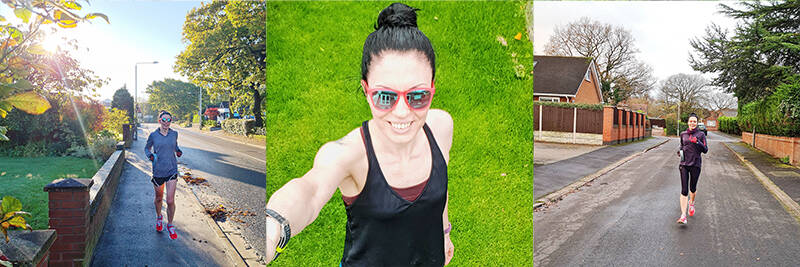
Journalling
Along with working out, journalling helps me to figure things out.
Sometimes, I only need 10 minutes to release the pressure inside my head. Other times, I can easily spend an hour working through issues that are troubling me. Journalling provides a judgement-free space where I can write whatever I want. No one can get offended, take anything the wrong way or give their unwanted opinion. It helps me get my head straight, and writing things down helps me to find solutions to my problems.
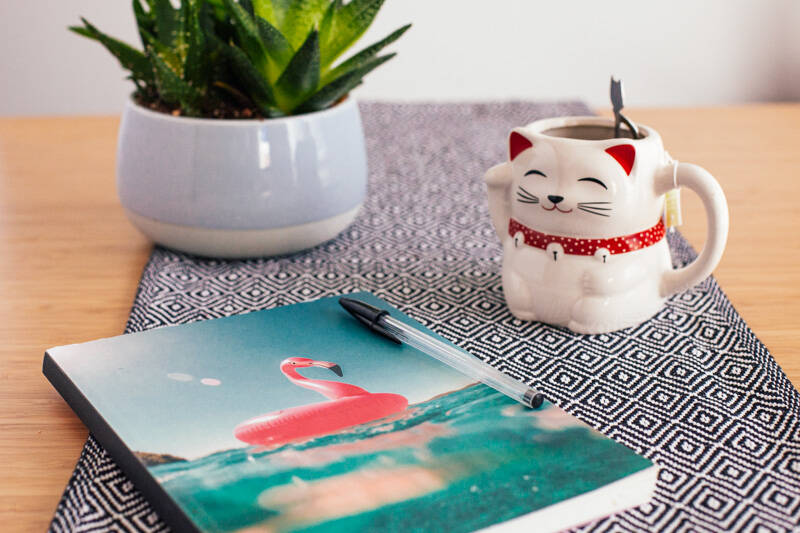
Meditation
Meditation comes in different forms. I like to listen to music and concentrate on my breath. When thoughts arise (which they frequently do!), I acknowledge them and let them go. I also like to listen to guided meditations; I find them soothing.
The main thing is I’ve locked myself away from the outside world, and for 10 minutes, I’ve had time to relax and just be. Even if I end up with a monkey mind, at least I’ve had some alone time away from everything.
My husband bought me a meditation cushion several years ago, and it was a total game-changer. I now associate this with my meditation practice; having a dedicated cushion makes all the difference. A bit like when you roll out a yoga mat and try and leave your worries off the mat.
I always have a journal nearby because sometimes, I have a moment of clarity about something I want to write down and explore further.
Reading
I love reading.
Reading is how I start my day (followed by a workout), and sometimes I end the day with a good book. I only ever used to read non-fiction, but in recent years, I’ve started exploring the world of fiction too.
A few years ago, my mother-in-law gifted me a Kindle because the number of books I owned was causing me to feel anxious. I wasn’t sure how I’d feel, but I loved it – I no longer had to worry about books piling up! I also started reading more.
However, during the pandemic, I realised how much joy I got from books, so we bought a bookshelf! They’re now out on display where I can see them, and occasionally, I purchase a physical book to add to my collection.
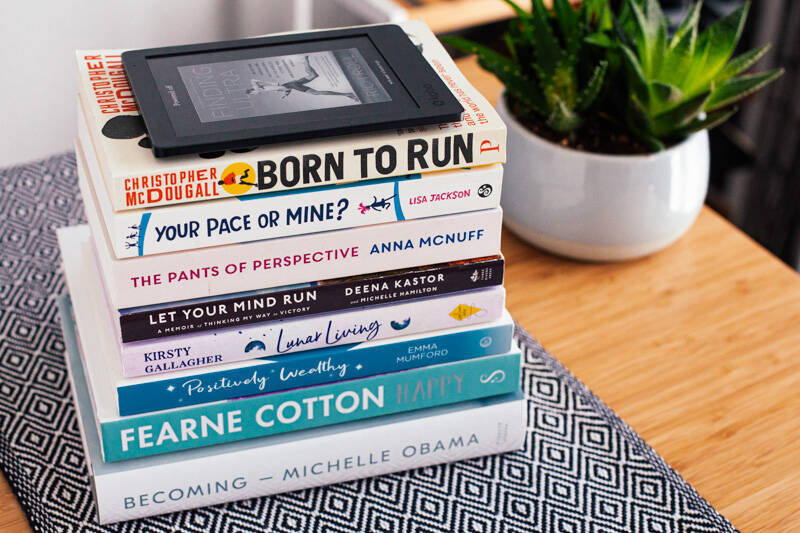
Eating Well
Food impacts our health and how we feel – you can’t outrun a bad diet. It’s scientifically proven, that the foods we eat can have either a positive or negative affect on our mental and physical health.
Eating well is important to me, and I can always tell when my diet has slipped. If I start to feel sluggish and bloated, my diet is the first thing I look at.
I’ve been vegan for approximately seven years, and mostly my diet is good, and I love eating nutritious whole foods – but I have a sweet tooth! The key to keeping this at bay is easy – I don’t buy anything that can derail me. If it’s not in the house, I can’t eat it. Simple.
During the day, I snack on trail mix and gluten-free oat cakes with houmous. I love houmous. I’m a houmous monster. At the weekend, I like to throw down a Nomo caramel bar. I like eating well because when my diet is good, I feel good; my mind and body work better, and I like feeling healthy. I want to increase my running this year, so feeding my body correctly to help performance and recovery is vital.

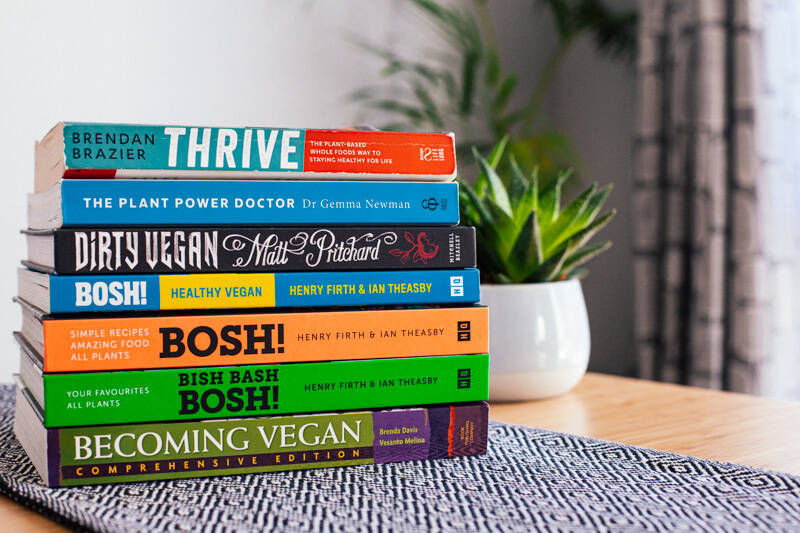
Being Creative
This is a broad term for me.
Creativity can be anything from writing, Zentangle, making something, or learning an instrument. I always have a number of things on the go; I drop hobbies and pick up new ones all the time. But having some form of creative outlet in my life is important.
I even went on a course a couple of years ago where I learnt how to make a scatter cushion – I enjoyed this so much I started selling them for a while!
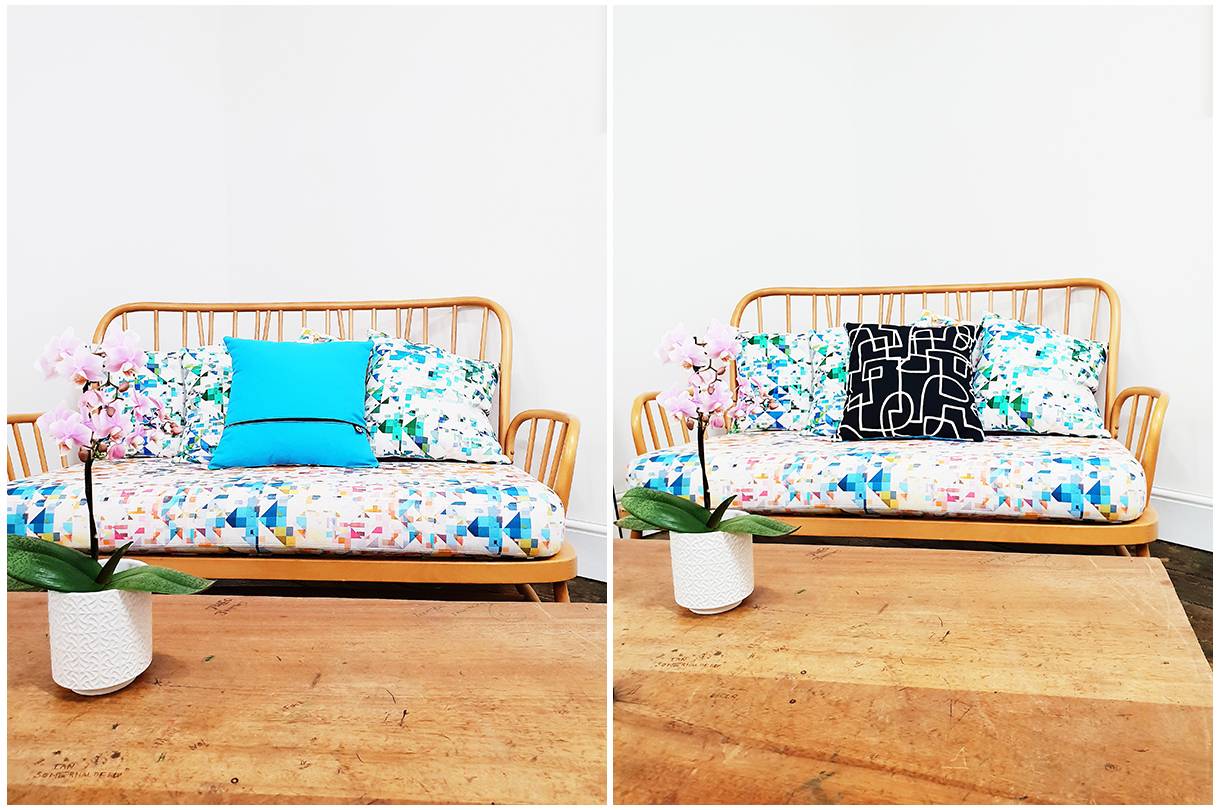
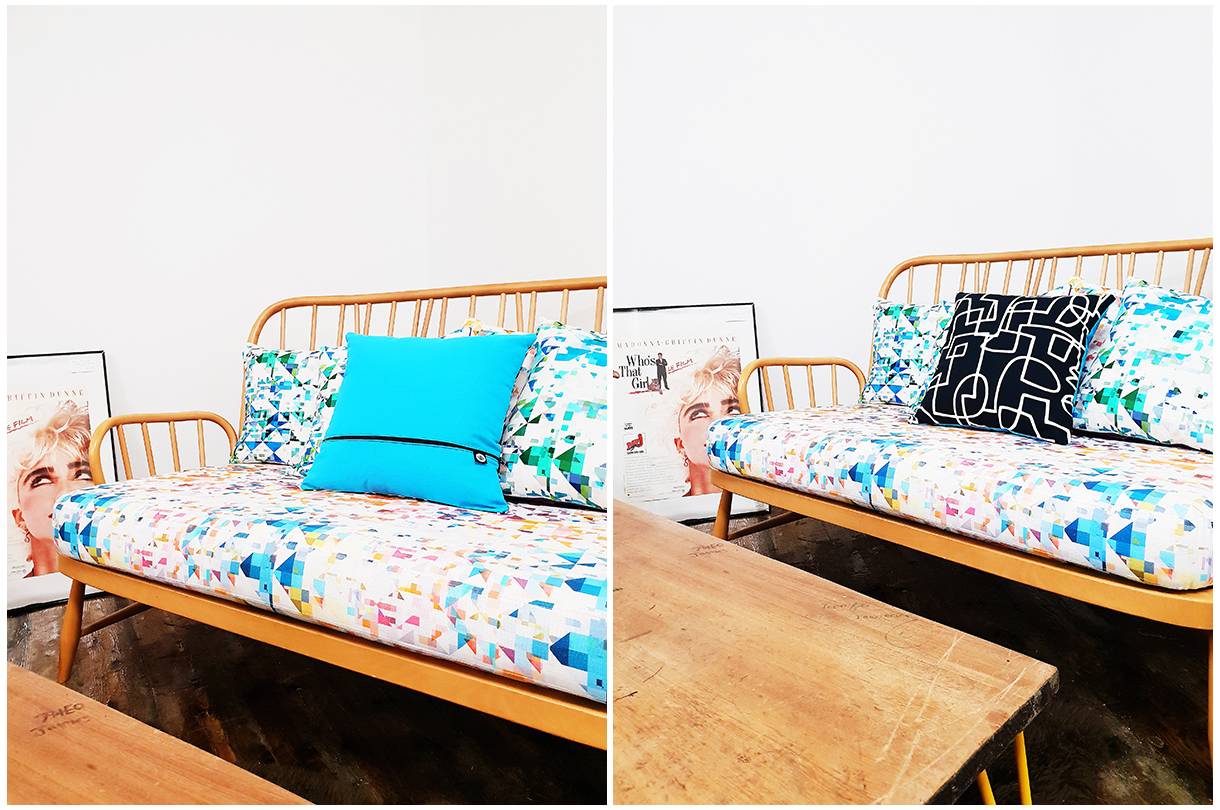
Tidying Up
Tidying up isn’t at the top of everyone’s self-care list, but clutter and the amount of stuff we own make me anxious. I struggle with the feeling of things building up and the walls closing in. We live in a house that’s mid-renovation, so I try to keep on top of things as best I can. For various reasons, it’s something I find difficult, but I do my best.
Our surroundings can be a representation of what’s going on inside our heads. That’s why de-cluttering can be so therapeutic. I always feel lighter when I have a tidy-up or clear-out. By getting rid of things that no longer serve me, I can make space for new things that do and give myself some head space in the process.
Create Your Own Self-Care Routine
As you can see, self-care is a broad term that means something different to everyone. But if a particular activity helps with your mental well-being, brings you happiness or adds value to your life, you’re onto a good thing.
Try and create a regular routine. I always feel better when I’ve been for a run, made time to meditate or allowed myself to do something creative. Again, this will be different for everyone.
You can practise as much self-care as you like, but sometimes, you might need extra support. If you need help, please don’t be afraid to talk to someone. Sometimes, you might just need a friend to listen while you offload some niggling concerns. Other times, you might want to talk to someone who’s qualified to listen.
Please visit the charity Mind for general advice or the BACP or Counselling Directory to find a counsellor in your area.


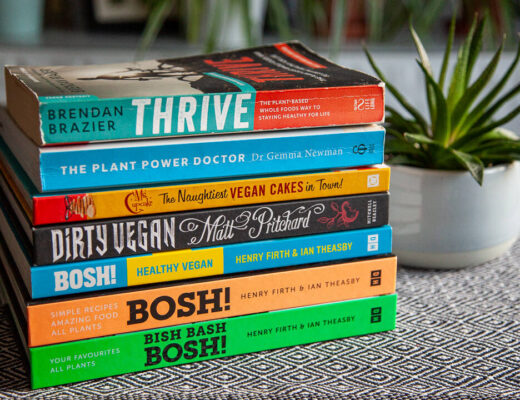



2 Comments
I love to visit my massage therapist and chiropractor for my self care!
Yes! Massage is very good for self-care – especially if you’re active. I’ve never been to a chiropractor, I think it’s something I need to try.